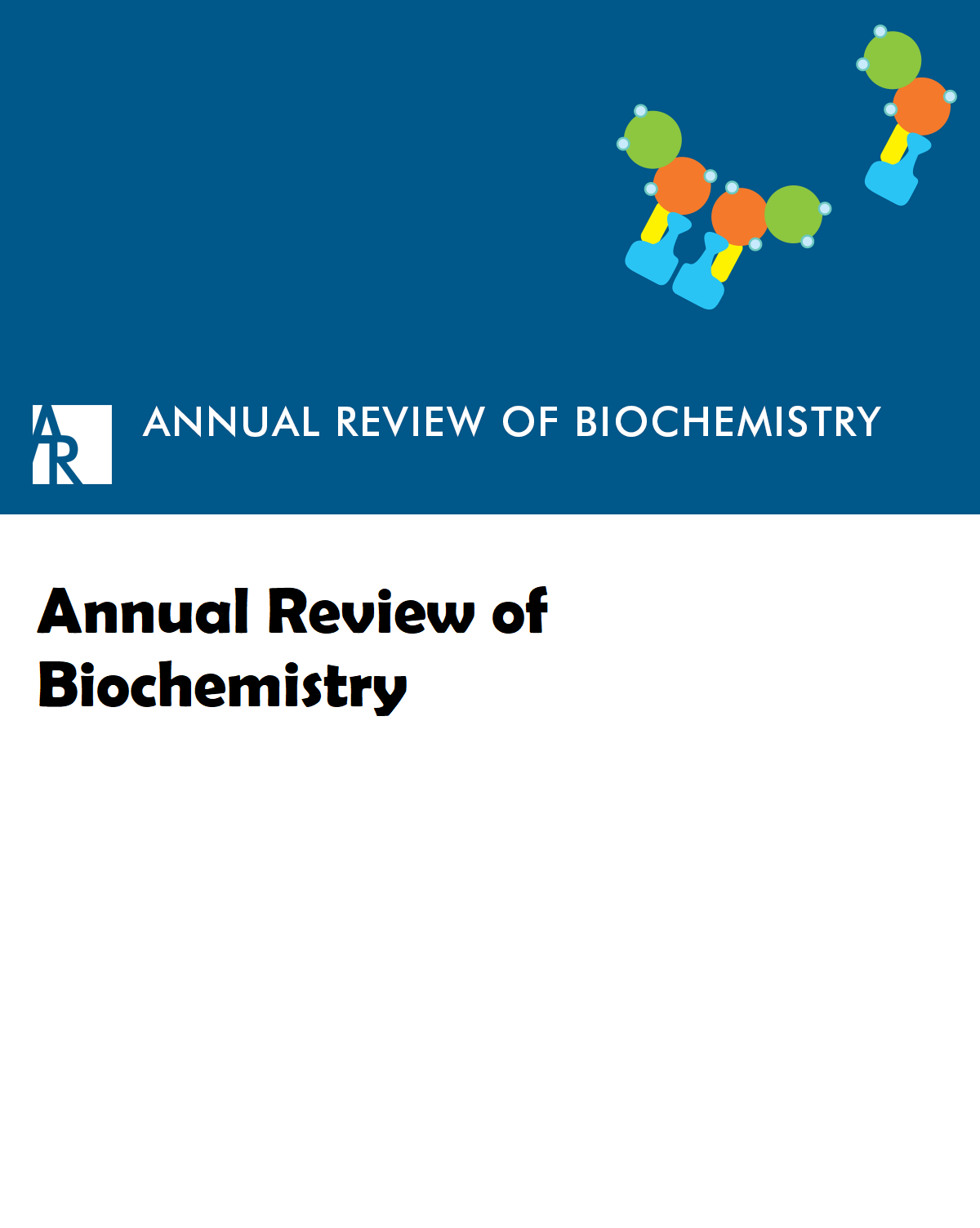读写人类糖码
IF 20.5
1区 生物学
Q1 BIOCHEMISTRY & MOLECULAR BIOLOGY
引用次数: 0
摘要
装饰人类蛋白质和脂质的复杂碳水化合物结构,也称为聚糖,大量存在于细胞表面和分泌组中。糖基化对细胞识别、免疫反应和信号通路等生物过程至关重要。因此,在基础生物化学研究以及开发新的疗法、诊断工具和生物技术应用的背景下,对人类糖粒的结构和功能进行表征正受到越来越多的关注。要使糖组学在这些领域充分发挥其潜力,关键是要了解定义人类糖组功能的特定因素。在这里,我们回顾了形成糖粒结构的糖基转移酶(作者)和在解码糖粒功能中起重要作用的糖结合蛋白(读者)。特定糖基化特征虽然大量存在于不同的细胞和组织中,但其功能在很大程度上取决于它们的环境。在这篇综述中,我们强调了在特定载体蛋白、细胞类型和亚细胞位置的背景下研究糖基结果的意义。我们希望借此加深对糖基化结果的理解,并采用更系统的方法来确定糖基化在人类生理学中的作用。本文章由计算机程序翻译,如有差异,请以英文原文为准。
Reading and Writing the Human Glycocode
The complex carbohydrate structures decorating human proteins and lipids, also called glycans, are abundantly present at cell surfaces and in the secretome. Glycosylation is vital for biological processes including cell–cell recognition, immune responses, and signaling pathways. Therefore, the structural and functional characterization of the human glycome is gaining more and more interest in basic biochemistry research and in the context of developing new therapies, diagnostic tools, and biotechnology applications. For glycomics to reach its full potential in these fields, it is critical to appreciate the specific factors defining the function of the human glycome. Here, we review the glycosyltransferases (the writers) that form the glycome and the glycan-binding proteins (the readers) with an essential role in decoding glycan functions. While abundantly present throughout different cells and tissues, the function of specific glycosylation features is highly dependent on their context. In this review, we highlight the relevance of studying the glycome in the context of specific carrier proteins, cell types, and subcellular locations. With this, we hope to contribute to a richer understanding of the glycome and a more systematic approach to identifying the roles of glycosylation in human physiology.
求助全文
通过发布文献求助,成功后即可免费获取论文全文。
去求助
来源期刊

Annual review of biochemistry
生物-生化与分子生物学
CiteScore
33.90
自引率
0.00%
发文量
31
期刊介绍:
The Annual Review of Biochemistry, in publication since 1932, sets the standard for review articles in biological chemistry and molecular biology. Since its inception, these volumes have served as an indispensable resource for both the practicing biochemist and students of biochemistry.
 求助内容:
求助内容: 应助结果提醒方式:
应助结果提醒方式:


